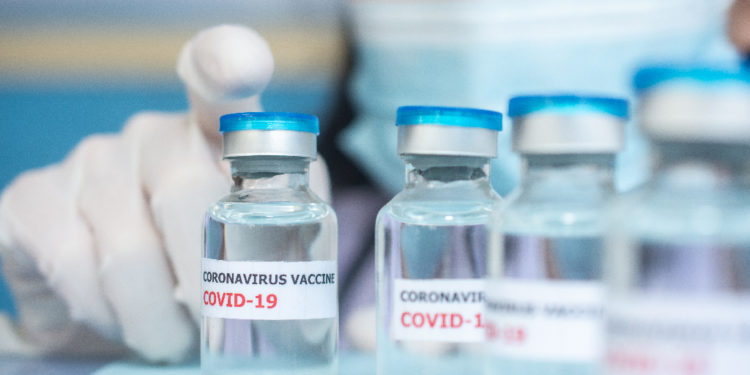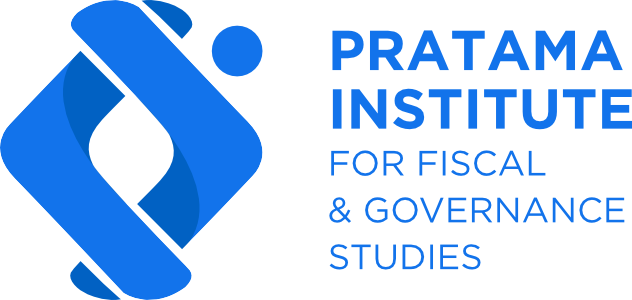Press conference
Sunday, March 7 2021
The second phase of mutual cooperation vaccination data collection period is starting to roll out. To increase the interest of companies to participate in this program, Executive Director of the Pratama-Kreston Tax Research Institute (TRI) Prianto Budi Saptono is of the opinion that the government should provide facilities to corporate taxpayers (WP) in the form of determining mutual cooperation vaccination costs as a deduction from gross Income Tax income. (PPh) Body.
Mutual cooperation vaccination is a vaccination program that aims to help the government speed up and increase the number of people vaccinated. In accordance with Minister of Health Regulation no. 10/2021, mutual cooperation vaccination is an independent route of vaccination that is followed and the costs are borne by the company. This vaccine will be given free to all company workers or employees and their families.
The government and the Indonesian Chamber of Commerce and Industry (Kadin) are targeting the number of participants in the program to reach 20 million people. At the close of the first phase on February 28, 8,300 companies had registered with a total of 6.7 million participants. Kadin will open the second phase of data collection for mutual cooperation vaccination in the second week of March.
If you look at the current tax regulations, independent vaccine costs do not or have not received PPh facilities so general provisions apply. This refers to Article 9 paragraph (1) letter e of the Income Tax Law (UU No. 36/2008). This means that there are two tax policy options that companies can choose.
First, the cost of the vaccine must not reduce income when calculating company income tax (PPh). This is because the cost of the vaccine is considered a gift in kind to employees so it cannot be a non-deductible expense from income in calculating corporate income tax. Consequently, this option will increase the company’s burden, but there will be no tax impact for employees.
Second, the cost of the vaccine is used as the cost of health benefits so that it becomes the object of employee PPh, aka PPh Article 21. The company as the employer must deduct PPh Article 21 in the month when the vaccine is injected because the health benefits become the employee’s income. For companies, the cost of health benefits can become a deductible expense. “This second option will reduce corporate income tax, but increase Article 21 income tax,” said the lecturer at the fiscal administration department at the University of Indonesia (UI).
Therefore, Prianto proposed, in order to create a win-win solution and increase the interest of companies to participate in the mutual cooperation vaccination program, entrepreneurs through Kadin could propose additional facilities to the government in the form of mutual cooperation vaccination costs set as a deduction from gross corporate income tax.
This can be done by revising Minister of Finance Regulation (Menkeu) No. 167/PMK.03/2018 or issue new regulations as a replacement. The important point in the new regulations is that self-vaccination is designated as part of in-kind gifts or benefits to employees which may be deducted from the calculation of Corporate Income Tax.
Thus, the cost of independent vaccination becomes a deduction from gross income in calculating corporate income tax (deductible expense). Meanwhile, for employees, mutual cooperation vaccination is not an income tax object. This policy scheme is usually known as tax expenditure (indirect government spending).
Providing these facilities is more efficient than if the government collects taxes from companies or employees, then redistributes them in the form of incentives. Prianto believes that in this way, more companies will register with Kadin to take part in the mutual cooperation vaccination program.
Source person:
Dr. Prianto Budi Saptono Ak., CA, MBA
Executive Director of Pratama-Kreston Tax Research Institute (TRI)

























